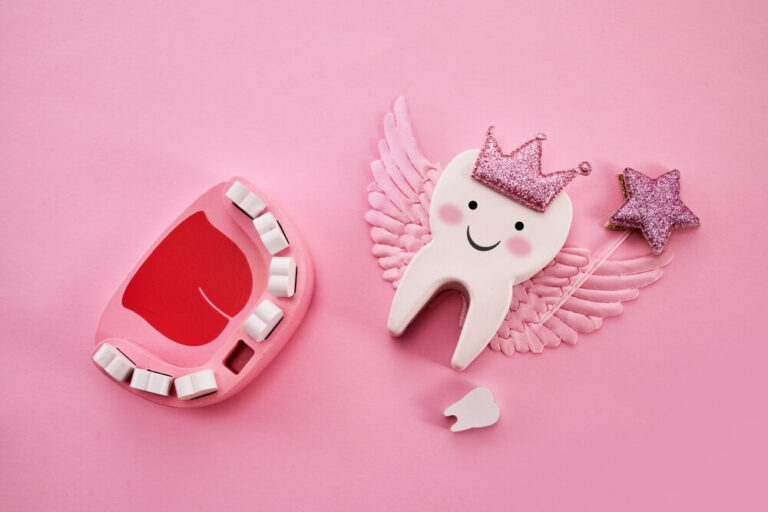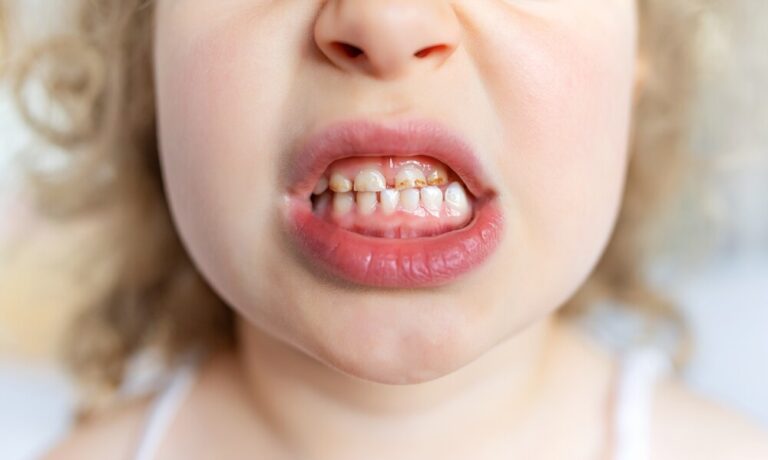Some people feel Tooth extractions hurt, in some cases, they don’t. Tooth extractions are generally not painful as a natural procedure, so when you go to your dentist if you’re attending for a tooth extraction, we would recommend that you have some food before you go. After all, when you go to your extraction, the dentist will give you some anesthesia because people have different types of nature to absorb the pain. After all, tooth extracts hurt very much. So, in this article, you have to learn about how tooth extraction hurts before or after extraction of the teeth.
You can also learn more about oral health information such as Black speck on tooth.
Anesthesia During Extraction
The anesthesia may be slightly painful, like a little pinch while you’re having it, but then generally you will be numb for a few hours afterward, so have something to eat before you go and depending on what your dentist says, have a painkiller before you go as well.
Is tooth Extraction Painful?
You won’t feel any pain during the extraction because the dentist will give you some anesthesia as an injection to numb any of the pain at the extraction site. You may feel some pressure as the dentist is pulling the tooth out while you’re having the extraction. Generally, most people don’t even realize the extraction has been done because it’s not a painful procedure as such.

Post-extraction bleeding and Pain Management
After you have the extraction done there is more than likely to be some bleeding afterward so the dentists may give you a pack to bite down on the anesthesia loss for a few hours it would start to wear off after about two to four hours and that’s when you may start to notice pains such as throbbing and shooting pain. If you do have this then please take some painkillers, have a soft diet, and just have soft foods if there is any bleeding or use then just use one of the packs that the Dentist has given. You can roll up a clean handkerchief and then bite down on that on the extraction site to stop any bleeding.
Tips After Tooth Extraction Care
A day or so after your extraction you can have a salty water mouth, continue with your soft diet avoid smoking alcohol, or do not do any vigorous exercise and try to keep the area clean as possible
Wisdom Tooth Extraction
You may not necessarily feel any more pain with wisdom tooth extraction because the anesthesia that you will be having is exactly the same. However, after the numbness is worn away, it’s a difficult extraction, you may feel some swelling around the tooth some pain in the area, and some bleeding as well while the socket healed, so would recommend that you take some painkillers after the extraction.
Surgical Extractions
Surgical extractions are the same procedure whereby you’d go to your dentist and you’d be number up with the anesthesia. With surgical extractions, you may have some bone removal from around the tooth and you may have some stitches afterwards. You won’t have any paint during the procedure. However, after the procedure, you may have some pain, so we recommend that you take some painkillers and a soft diet afterward.

After an extraction, you can have certain complications, such as a dry socket. If you do develop this, it is an intense throbbing pain that usually develops around 2040. 72 hours after the extraction, visit your dentists and let them know so that can help you. So if you feel anxious about your dental extraction or worried about it, check it with your dentist.
Issues of Dry Socket
We will cover most of the possibilities as to why your mouth becomes sensitive or painful after tooth extraction. Excessive trauma at the time of EX destruction, excessive force applied at the time of tract, or a not-very-delicate surgical technique can produce this type of problem. Tobacco. As in many other aspects of health, tobacco is harmful and one of the main factors in the occurrence of a dry socket.
Post Extraction Pain Causes
A lot of people are most afraid of when they have pain after an extraction Infection. Anytime you have an extraction is a possibility, but actually, it is not the probability So, your body comes equipped with tons of antibodies and your saliva has a lot of antibodies in it to help fight off infection. On top of that, the socket that the extraction left behind likes to heal. From the bottom up, and so it’s likely to push away any of the material or to breathe that would likely get caught in there and cause an infection. So therefore the infection is possible but what is more?

The probability is that you’re just having pain from the extraction or at least a dry socket. The thing about infections after a tooth extraction is that it’s difficult to diagnose an infection after an extraction because there are a lot of signs of an infection in the mouth that are similar to just normal healing signs for an extraction.
So let me explain it’s normal to have swelling after a tooth extraction, but it’s also normal to have swelling if you have an infection due to an extraction. What about other things? Bad taste, bad breath, pain, and gummy irritation are all common from both normal extraction healing and infections after an extraction. Sometimes the dentist can see if the site looks infected and possibly see pus, which would be a dead giveaway of an infection.
But a lot of times it’s difficult to determine and it’s a judgment called by the dentist if he suspects an infection now because an infection can be very serious. Sometimes what dentists will do is they’ll prescribe antibiotics before they even extract the tooth to take.
Before and after like most people do with wisdom teeth extractions, then other dentists will prescribe antibiotics at the first sign or suspicion of an infection. So two things you want to look out for after an extraction that might be a possible sign of an infection. If you’re getting rapid swelling after an extraction.
In an hour It just increases in size or if the swelling develops a few days after the extraction. Contact your dentist or go to the emergency room. But if, infections are a possibility for pain after an extraction.
Feel Inflammation After Extraction
Another cause of pain after an extraction is inflammation when you have an extraction. This is a traumatic experience. The pressure that goes to the bone, your jaw joint, the muscles, nerves, blood vessels, other teeth, and other tissues in the area. Any of these tissues or body parts can develop inflammation and cause pain. One of particular interest is the jaw joint or the TMJ. If too much stress develops and puts pressure on the TMJ, it will cause a variety of symptoms due to swelling in the joint and there are a lot of important muscles and nerves in that area.
So here’s a list of some of the things that TMJ inflammation might do. It might make it sore for your mouth to open, so you might have limited mouth opening or you could have even popping in the jaw as well.
For some, it might even affect your hearing in random ways like you might have tinnitus, or even reduced ability to hear because there are hearing nerves right around the TMJ jaw joint, but whatever random symptoms it produces, it will likely cause pain as well. But also this inflammation, if you’re careful and you baby the area and you take care of it, will likely subside in time.
Now remember how we said there’s a prying motion that goes on the bone well. It can also put pressure on the other teeth which will cause inflammation and this will cause chewing pain at least for a little while. So these are some of the more common ways that inflammation can happen because of a tooth extraction. Ibuprofen or other doctor-prescribed anti-inflammatories are your best bet to reduce the inflammation and ease some of that pain as well in this case, so that is the best remedy until the inflammation subsides and goes away.
Gum Irritation After Extraction
Another mechanism and generally speaking, gum irritation is another possibility for postoperative extraction pain. We all know gum irritation might seem like something obvious that would be causing pain after a tooth extraction because there are just so many gums around that area and there’s all this pressure and cutting and drilling and things that are going on. So gum irritation is normal. But there is one thing that possibly increases gum irritation that happens from time to time.
After an extraction, we are talking about a bone spicule or a sharp piece of bone that is poking into your gums after an extraction of a tooth a lot of time, the edges of the socket will feel sharp to the tongue.
Bone Spicules and Sharp Edges After Extraction
A lot of people will think that there are pieces of their tooth left behind, in fact, it’s just the edges of the socket where the tooth was taken out. These sharp edges of the socket are normal and they will likely smooth out in time as the socket kind of heals and smooths over, so nothing really needs to be done about it most of the time. However, sometimes a piece of bone spicule is sticking out in just a way to poke into the gums.
That causes a lot of pain if you have a bone spicule and it is painful. Sometimes it will resolve on its own, but most of the time it will have to take being number up again, so the dentist can smooth out or remove that bone spicule
Conclusion
In the summary, we will briefly discuss the teeth extraction pain, how pain occurs, how to do tooth extraction and things that you need to know after tooth extraction. In this article, we deeply discuss dry sockets things you eat after tooth extraction, and many other things that you know.








One Comment